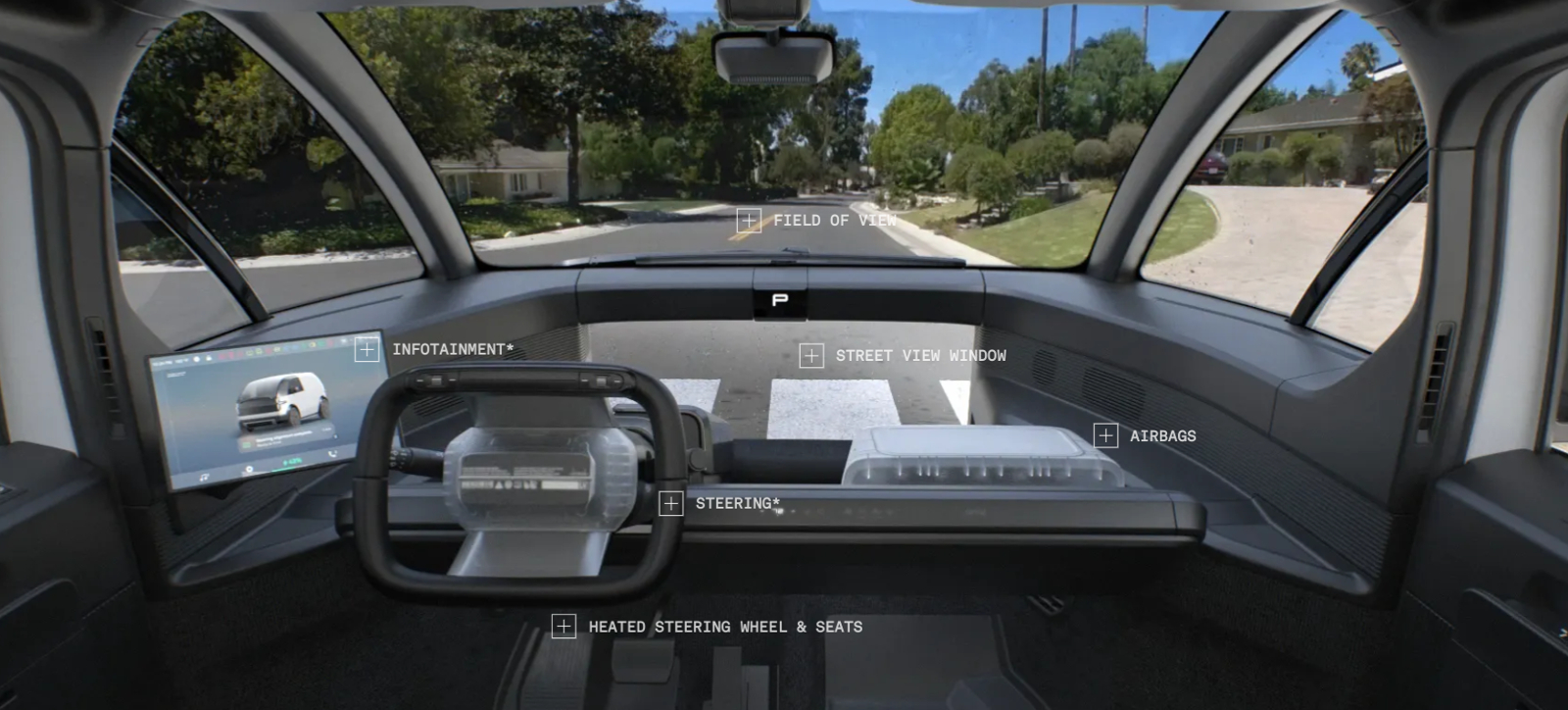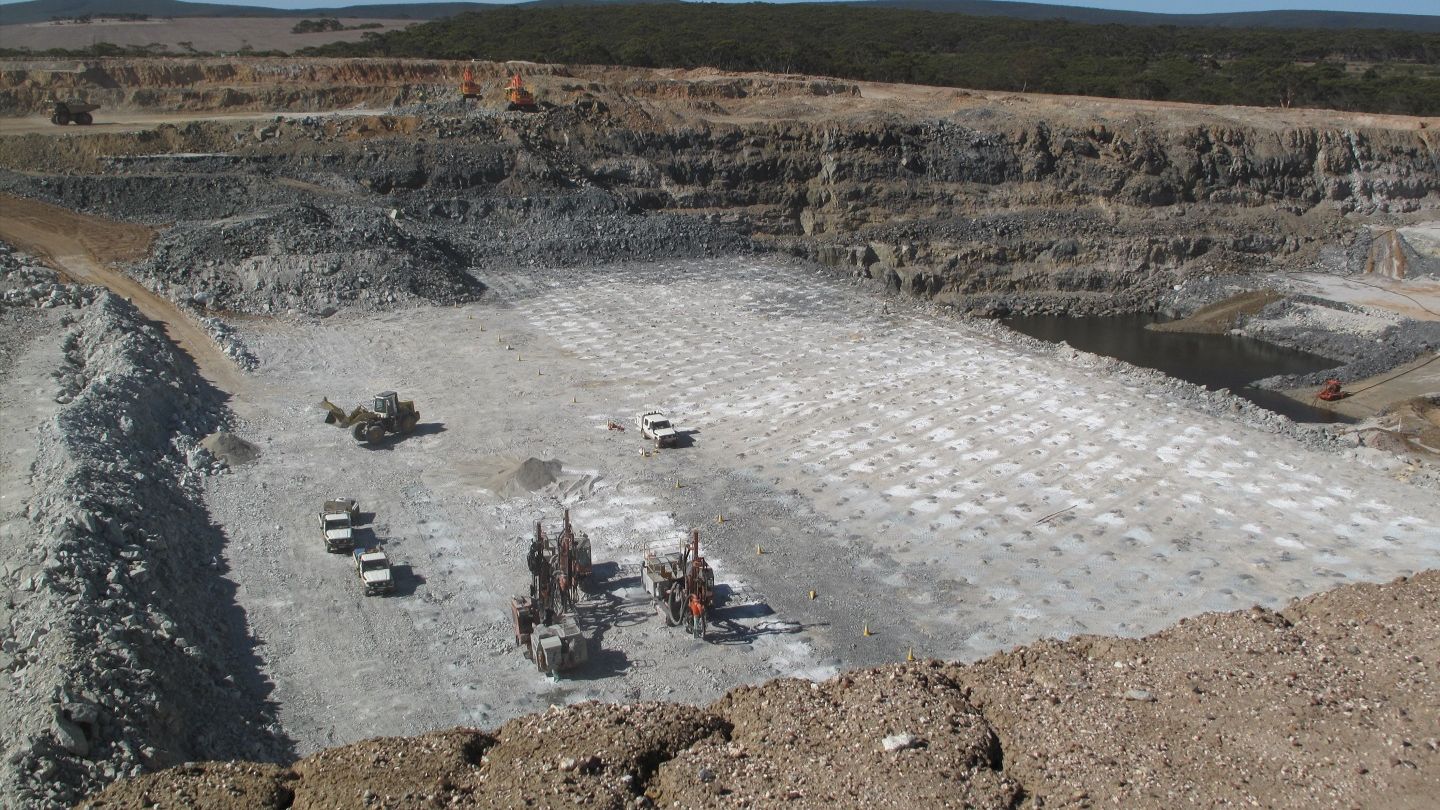
Sign up for daily news updates from CleanTechnica on email. Or follow us on Google News!
Canoo, the erstwhile EV startup, is kaput, having filed for bankruptcy on January 17, 2025. As the Grateful Dead might say, “What a long, strange trip it’s been.” Ten years ago, there were more EV startups than you could shake a stick at, as my old Irish grandmother would say. One was Workhorse, which promised a battery electric pickup truck with a range-extender engine. Another was Faraday Future, which burst upon the scene and promised great things, including a spiffy new manufacturing facility near Las Vegas if the great state of Nevada would only pony up the money to pay for it. Then there was Lucid, run by a former Tesla engineer. And then there was Fisker (Part One).
Another was a company called Evolozcity, started in 2017 by Stefan Krause and Ulrich Kranz, who first became acquainted with each other at Faraday Future. Krause was a former chief financial officer for Deutsche Bank while Kranz was a senior executive for BMW. They had a falling out with the management of Faraday Future and decided to strike out on their own. According to Wikipedia, Krause took on the role of chief executive officer at Evelozcity and Kranz became chief technology officer. The company received its primary funding from Chinese investor Li Pak-tam and German entrepreneur David Stern. In April 2018, the company hired Karl-Thomas Neumann, the former head of Opel, as a senior executive.
Evolozcity Becomes Canoo

In March 2019, Evolozcity changed its name to Canoo. Six months later, it unveiled its first production prototype, a battery electric van that looked like a cross between an early Volkswagen Transporter and Buckminster Fuller’s Dymaxion. Every company needs a hook, and for Canoo it was a battery electric skateboard with drive-by-wire systems that made it possible to mount the steering wheel and pedals anywhere on the platform to suit various use cases.
In theory, the body of the cars — known as a top hat — could be removed and replaced with another design to suit the needs of the driver. Need a van? Canoo had a top hat for that. Want a two-seat sports car? They had one of those too. Over the years, it also showed off pickup truck and delivery van configurations. At one point, it was bidding to make the new delivery trucks for the US Postal Service.
The announcement of the bankruptcy by the company comes across as fairly whiny. “Despite being American-made, successfully delivering to such esteemed organizations as NASA, the Department of Defense, The United States Postal Service, the State of Oklahoma, and having agreements with Walmart and others, Canoo has unfortunately been unable to secure financial support from the U.S. Department of Energy’s Loan Program Office. Recently, the company’s executives were in discussions with foreign sources of capital. In light of the fact that these efforts were unsuccessful, the Board has made the difficult decision to file for insolvency.”
Chaos At The Top
It’s all Biden’s fault, apparently, and had nothing to do with the company producing just a few dozen vehicles over a span of seven years. In the background, there were a number of conflicting crosscurrents that didn’t help the situation. The word that seems to describe it best is “chaos.” In January 2021, it was reported that Canoo had been in talks with Apple for a potential role in its secretive Titan electric car project. Then it got involved in talks with Hyundai Motor Group that seemed to be moving forward, but nothing ever came of those talks other than talk. Sharp-eyed readers will recall that Hyundai has announced its own line of purpose built vehicles, some of which look an awful lot like a Canoo Lifestyle van, particularly the PV5. Who copied whom is unclear.
On April 22, 2021, the company announced that co-founder and CEO Ulrich Kranz was stepping down and would be replaced by Tony Aquila. At about the same time, the Securities and Exchange Commission (SEC) launched an investigation after its reverse merger due to a string of executive departures, sudden changes to its business model, and class action lawsuits brought by shareholders.
In June of 2021, the company announced it would build a new factory in Pryor, Oklahoma, to manufacture up to 300,000 vehicles a year. The same day, Dutch media reported that VDL Nedcar would start producing Canoo Minivans for the European market. Later in the year, Canoo and VDL ended that manufacturing agreement. Then Canoo announced plans for construction of a vehicle battery production facility at the MidAmerica Industrial Park in Pryor, Oklahoma.
On November 15, 2021, the company announced it would move its headquarters to Bentonville, Arkansas, and establish a manufacturing plant there after Walmart said it would purchase thousands of delivery vans. In August 2022, Canoo said it had contracted with a third party for vehicle production. That December, the company still listed Torrance, California, as its headquarters, but then later it said its headquarters had moved to Justin, Texas. As of May 2024, the Bentonville facility appeared to be closed with a “Warehouse for Sublease” sign posted outside.
In May 2022, it was reported that Canoo was struggling to find funding, the company saying that it had only enough funding to operate for one more quarter. It was also revealed around the same time that Canoo was suing investor Li Pak-Tim, claiming he was selling shares improperly. Suing your principal investor is not usually a strategy for success taught in B school. In late November 2022, Canoo announced an agreement to purchase of an existing 630,000 sq ft (59,000 m2) plant in Oklahoma City to start vehicle production by 2023, prior to completion of its factory in Pryor. In December 2022, the company sued several former executives for stealing Canoo’s trade secrets and poaching talent for their new business, a competing EV startup called Harbinger Motors.
In April 2023, the company announced that battery production would commence at Pryor to fulfill a United States Department of Defense contract. While vehicle manufacturing was to start in Oklahoma City before the end of 2023, long range plans still included vehicle assembly at Pryor because the OKC facility would not meet full production needs. The Oklahoma City plant was formerly owned and operated by heavy equipment manufacturer Terex. In 2023, Canoo reported $886,000 in net revenue after delivering 22 vehicles. Expenses paid to CEO Aquila’s company for private aircraft and shared services were nearly four times that amount.
Canoo Files For Chapter 7 Bankruptcy
Are you dizzy yet? It has been quite a ride for Canoo, one that has now ended in failure. A Chapter 7 bankruptcy is often known as a straight bankruptcy. There is no attempt to keep the business going. Liquidate the assets, divvy them up among the creditors, and everybody moves on with their lives. According to TechCrunch, Canoo said in its bankruptcy filing it had assets worth $126 million and owes more than $164 million to its creditors. The only question unresolved is whether the company has any intellectual property that might solicit an offer from another EV company. The bottom line is that planning to build electric cars is easy. Actually becoming an EV manufacturer is hard. Apple spent billions and never got as far as Canoo did.
Many CleanTechnica readers really liked the offbeat vibe of the Canoo prototypes. We know of more than one who was a customer for the pickup truck if it ever went into production. Lots of people will be feeling a sense of loss for what could have been but now never will be.
Chip in a few dollars a month to help support independent cleantech coverage that helps to accelerate the cleantech revolution!
Have a tip for CleanTechnica? Want to advertise? Want to suggest a guest for our CleanTech Talk podcast? Contact us here.
Sign up for our daily newsletter for 15 new cleantech stories a day. Or sign up for our weekly one if daily is too frequent.
CleanTechnica uses affiliate links. See our policy here.
CleanTechnica’s Comment Policy



